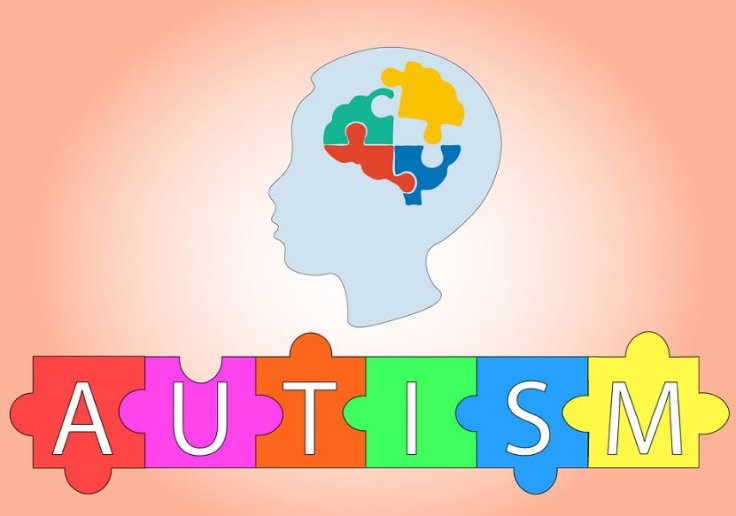When it comes to diagnosis of Autism spectrum disorder (ASD) in children, time is of the essence. The earlier the diagnosis, the better are the long-term outcomes. A US-based pediatric behavioral health company is leveraging Artificial Intelligence (AI) for the creation of a smartphone application that can diagnose ASD in children quickly and effectively.
Cognoa, a company headquartered in California, has developed a diagnostic device that can enable pediatricians to identify ASD in children and make a timely diagnosis. In October 2018, the FDA granted the device a 'Breakthrough Device Designation'.
The company is set to submit the tool for clearance to the FDA. "The data from our pivotal study was strong, and we are incredibly excited to submit a de novo request for FDA clearance of Cognoa's ASD Diagnostic," said David Happel, CEO of Cognoa, in a statement.

Importance of Timely Diagnosis of ASD
ASD is a term used to describe a broad range of neurodevelopmental conditions that are characterized by different degrees of impaired communication, social behavior, and language. Children affected by ASD exhibit a limited range of activities and interests that are specific to the individuals are repetitively engaged in. Asperger's syndrome and autism are conditions that form a part of ASD, and according to the WHO, one in 160 children has an ASD.
As of now, pediatricians who suspect children of having a developmental condition, refer them to specialists for diagnosis and treatment. Unfortunately, the process of diagnosis can take up to several months or even years, and also delays the beginning of crucial therapy. The application developed by Cognoa aims to reduce this delay in diagnosis, and essentially aid in early intervention that can facilitate the commencement of treatment during vital neurodevelopmental windows.
Testing the Effectiveness of the Application
The pivotal study was conducted between July 2019 and May 202. It was a double-blinded, double-blinded, active comparator, multi-site, cohort study that spanned across 14 sites in the US. It involved 425 participants between 18 to 72 months whose pediatricians or caregivers had concerns over their development and had not been examined or diagnosed with autism formally.

The ability of the device to help in the diagnosis of ASD was evaluated by contrasting its output with the clinical reference standard, which included diagnosis by a specialist clinician and approved by one or more reviewing specialists. This approach was employed in order to ascertain the accuracy of the application by measuring how often it identified a patient with ASD from within the population, and also the frequency of its accurate recognition of patients who did not have ASD.
Overcoming Disparities in Autism Diagnosis
For the study, caregivers answered a questionnaire and uploaded two short videos on the app in order to provide information about their wards. Additionally, children participating in the study and their caregivers attended two appointments—one with a primary care physician and one with a pediatric specialist. Following this, several primary care appointments were carried out via telemedicine.
The study found that the application performed with equivalent efficiency when remotely administered. Through the trial, the diagnostic device also exhibited high accuracy across sexes as well as racial and ethnic backgrounds, thereby, mitigating a persistent concern of disparities in autism diagnosis. "The accuracy of our autism diagnostic solution is unparalleled, exceeding all pre-specified endpoints, and we are looking forward to a priority review," said Happel.

Benefits of an FDA Approval
A clearance from the FDA can lead to Cognoa's ASD Diagnostic device in facilitating nearly 64,000 general pediatricians across the US in diagnosing or ruling out autism in children. This can enable early intervention and treatment that can provide prolonged improved outcomes. "There is a significant unmet need for early ASD diagnosis in the pediatric primary care setting," said Dr. Colleen Kraft, former Senior Medical Director of Clinical Adoption at Cognoa.
"A clinically validated, FDA-cleared digital assessment platform would empower pediatricians to take definitive action on parental concerns. They would be able to diagnose ASD much more efficiently, with actionable information to drive the clinical management of the 1 in every 54 children with ASD and ensure that these children receive access to the appropriate care and treatment," concluded Dr. Kraft.









